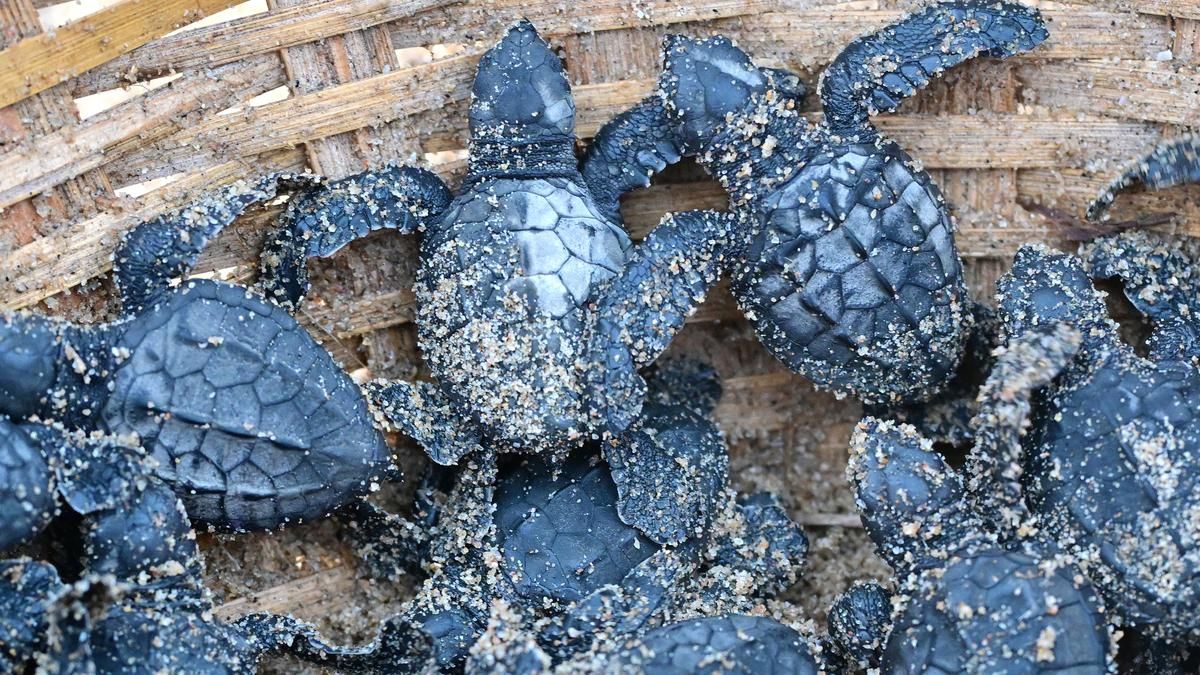MSSRF’s mobile app wins IUCN conservation award

MSSRF’s Fisher Friend App and the IUCN Tech4Nature Award – Expert UPSC Analysis
Introduction
The M.S. Swaminathan Research Foundation (MSSRF) has received the Tech4Nature Award at the IUCN World Conservation Congress in Abu Dhabi (2025) for its innovative Fisher Friend Mobile Application. This recognition underscores India’s growing leadership in using technology-driven, community-centric approaches to reconcile marine conservation with coastal livelihoods. The app, designed in collaboration with fishers and state authorities, reflects the broader principle of inclusive environmental governance central to India’s sustainable development strategy.
The Innovation: Fisher Friend Mobile Application
Initially developed after the 2004 Indian Ocean tsunami, the Fisher Friend app began as a disaster preparedness and ocean information tool, supported by Qualcomm and the Indian National Centre for Ocean Information Services (INCOIS). Over two decades and 54 iterative upgrades, it has evolved into a comprehensive digital companion for India’s fishing community.
Key Features
- No-Fishing Zone Alert System – Uses geolocation and geo-fencing to warn fishers in real time when they approach notified Olive Ridley turtle nesting sites. This feature converts invisible legal boundaries into practical, real-time alerts, helping fishers avoid accidental incursions into restricted areas.
- Offline Functionality – Designed to operate without mobile network coverage, critical for fishing boats that operate far offshore.
- Localized Design – Available in nine Indian languages, catering to over 1.22 lakh registered users across nine coastal states and one union territory.
- Comprehensive Information Access – Provides real-time data on weather, potential fishing zones (PFZs), government welfare schemes, and navigational hazards such as rocks, coral reefs, and sunken ships.
Conservation and Community Impact
The app represents a synergy between ecological protection and economic security. The No-Fishing Zone Alert System has reportedly been triggered over 7,000 times, likely preventing thousands of potential intrusions into critical nesting zones such as:
- Gahirmatha Marine Wildlife Sanctuary, and
- Three major river mouths along Odisha’s coast.
This innovation directly supports the conservation of Olive Ridley turtles, which migrate in millions each year to nest on India’s eastern shores. By reducing unintentional fishing violations, the app helps fishers avoid penalties and loss of livelihood, reinforcing compliance through empowerment rather than enforcement.
Participatory Development and Technological Adoption
The MSSRF model is rooted in participatory development, integrating local knowledge into technological design. According to Soumya Swaminathan, Chairperson of MSSRF, the app’s success stems from “constant co-creation with the fishing community.” Contrary to perceptions of technological resistance, fishing communities have shown strong adoption when tools address real-world challenges and respect traditional ecological understanding.The next phase involves integrating AI-powered regional language chatbots and microclimate data analytics to enhance predictive capabilities and usability. The Foundation also plans to expand this model to other South Asian coastal regions and extend it to protect other vulnerable species, such as dugongs.
Broader Significance
(a) Environmental Governance
The Fisher Friend app exemplifies a bottom-up model of conservation technology, where digital tools enhance compliance with environmental laws while protecting livelihoods. It aligns with the SDG 14 (Life Below Water) and India’s Blue Economy Vision, integrating conservation, technology, and inclusive development.
(b) Technological Diplomacy and Global Recognition
By winning an IUCN Tech4Nature Award, MSSRF’s initiative places India at the forefront of tech-enabled community conservation, showcasing how indigenous innovation can complement global conservation frameworks.
(c) Post-Disaster Evolution
Originating as a post-tsunami resilience initiative, the app demonstrates how disaster recovery efforts can evolve into sustainable resource management systems, an approach relevant for climate adaptation strategies worldwide.
Conclusion
The MSSRF Fisher Friend app represents a transformative model of participatory conservation, where local knowledge, technology, and ecological stewardship converge. By making invisible boundaries visible, it transforms law enforcement into collaboration and conservation into a shared responsibility. The initiative reaffirms that true environmental sustainability emerges when science, technology, and community wisdom act in harmony — a principle central to India’s vision of inclusive and resilient development.
Updated - October 14, 2025 03:13 am | The Hindu